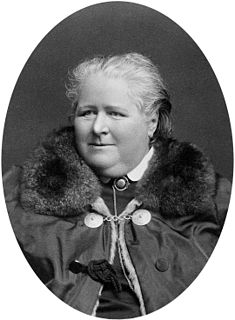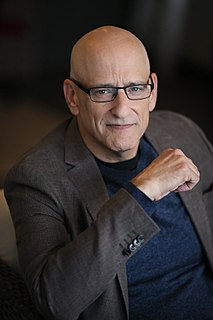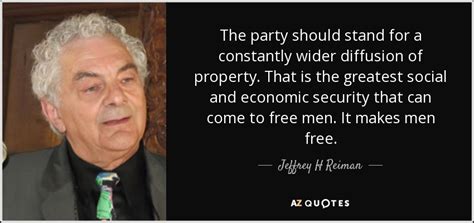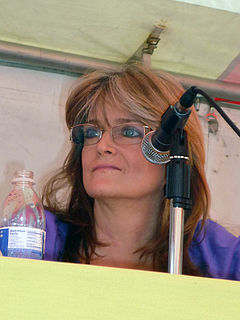A Quote by Rose Macaulay
How far does one combine resistance to over-control with social justice, i.e. tolerable living for people in general? We are too selfish to be trusted, if left free, to give away enough to make people comfortable enough to give them a chance. Yet if all this is ordered for us, as to some extent it has to be, it so soon leads to tyranny. It is a very difficult problem. If only human beings had more pity, unselfishness, and justice and didn't need coercion to treat each other decently.
Quote Topics
Away
Beings
Chance
Coercion
Combine
Comfortable
Control
Difficult
Does
Each
Enough
Extent
Far
Free
General
Give
Had
How
How Far
Human
Human Being
Human Beings
Justice
Leads
Left
Living
Make
More
Need
Only
Ordered
Other
Over
People
Pity
Problem
Resistance
Selfish
Social
Social Justice
Some
Soon
Them
Tolerable
Too
Treat
Trusted
Tyranny
Unselfishness
Us
Very
Related Quotes
When you give up vengeance, make sure you are not giving up on justice. The line between the two is faint, unsteady, and fine...Vengeance is our own pleasure of seeing someone who hurt us getting it back and then some. Justice, on the other hand, is secure when someone pays a fair penalty for wronging another even if the injured person takes no pleasure in the transaction. Vengeance is personal satisfaction. Justice is moral accounting...Human forgiveness does not do away with human justice.
If you are trying to live a life in accordance with the Bible, the concept and call to justice are inescapable. We do justice when we give all human beings their due as creations of God. Doing justice includes not only the righting of wrongs but generosity and social concern, especially toward the poor and vulnerable.
Many people came out and said, 'Boy I'd love to make a film that way.' Well, borrow some money, get some people together - you can get people to work for nothing, just treat them right, treat them as human beings, not stars, give them all an equal share, make them feel a part of what they're doing. There's no big secret to it.
Human beings of all societies in all periods of history believe that their ideas on the nature of the real world are the most secure, and that their ideas on religion, ethics and justice are the most enlightened. Like us, they think that final knowledge is at last within reach. Like us, they pity the people in earlier ages for not knowing the true facts. Unfailingly, human beings pity their ancestors for being so ignorant and forget that their descendants will pity them for the same reason.
Artists use frauds to make human beings seem more wonderful than they really are. Dancers show us human beings who move much more gracefully than human beings really move. Films and books and plays show us people talking much more entertainingly than people really talk, make paltry human enterprises seem important. Singers and musicians show us human beings making sounds far more lovely than human beings really make. Architects give us temples in which something marvelous is obviously going on. Actually, practically nothing is going on.
That nations that have gone for equality, like Communism, have neither freedom nor justice nor equality, they've the greatest inequalities of all, the privileges of the politicians are far greater compared with the ordinary folk than in any other country. The nations that have gone for freedom, justice and independence of people have still freedom and justice, and they have far more equality between their people, far more respect for each individual than the other nations. Go my way. You will get freedom and justice and much less difference between people than you do in the Soviet Union.
Love and ever more love is the only solution to every problem that comes up. If we love each other enough, we will bear with each other's faults and burdens. If we love enough, we are going to light that fire in the hearts of others. And it is love that will burn out the sins and hatreds that sadden us. It is love that will make us want to do great things for each other. No sacrifice and no suffering will then seem too much.
Having serious consequences to your decision-making process is something you have to be very comfortable with. It's something you learn and you practise over time, so I encourage people to find some way to challenge themselves. The other thing I share with people, which I've learned over time, is self-confidence. You have to get very comfortable with saying, "Well, every day, I'm just going to give my best. I have skill sets I've learned, I'm going to employ them, and my best is going to be good enough".
I'd write of people and places like I knew, and I'd make my characters talk everyday English; and I'd let the sun rise and set in the usual quiet way without much fuss over the fact. If I had to have villains at all, I'd give them a chance, Anne--I'd give them a chance. There are some terrible bad men the world, I suppose, but you'd have to go a long piece to find them...But most of us have got a little decency somewhere in us. Keep on writing, Anne.
In its pursuit of justice for a segment of society, in disregard of the consequences for society as a whole, what is called 'social justice' might more accurately be called anti-social justice, since what consistently gets ignored or dismissed are precisely the costs to society. Such a conception of justice seeks to correct, not only biased or discriminatory acts by individuals or by social institutions, but unmerited disadvantages in general, from whatever source they may arise.




































